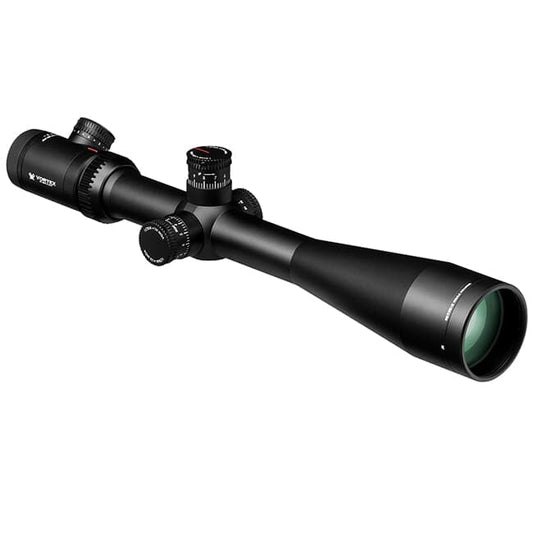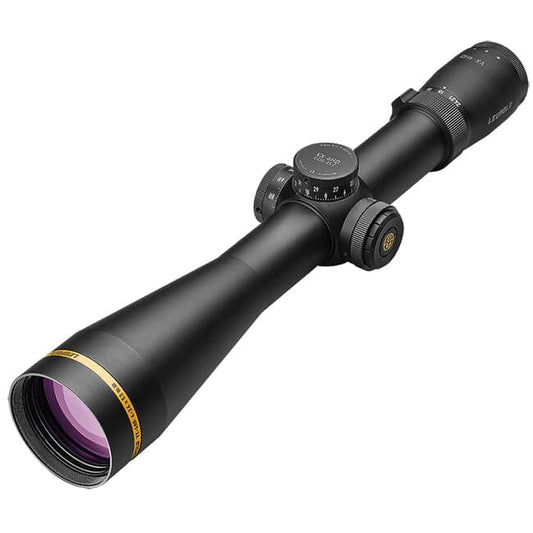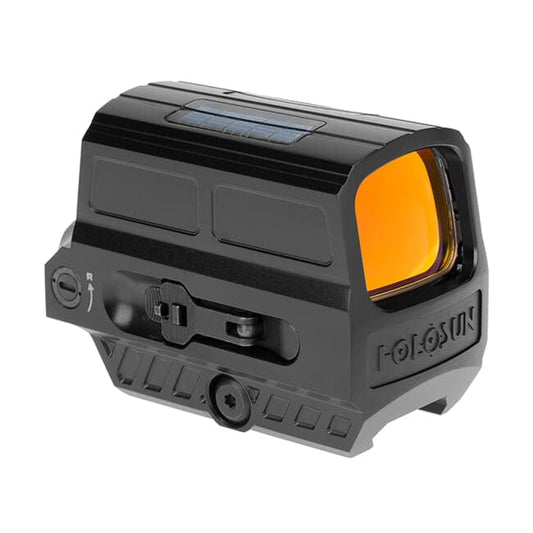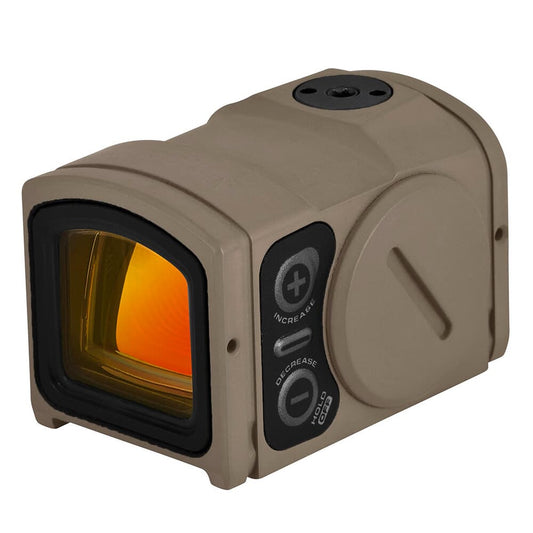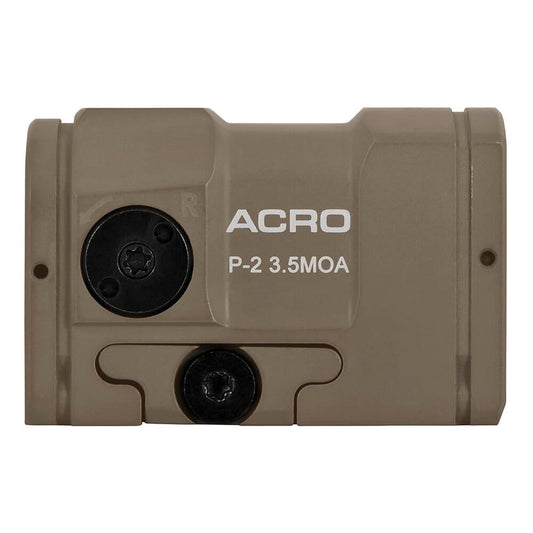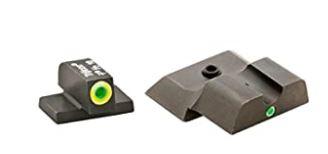

Ameriglo Green Tritium Lime Green Lumi Outline/Green Single Dot sights are engineered for quick target acquisition in various lighting conditions. Featuring a tritium illumination system, these sights glow in the dark, ensuring visibility during low-light scenarios. The design includes a lime green outline for enhanced contrast against your target, allowing for precise aiming even at dusk or dawn. The single dot configuration simplifies alignment, making it easier to stay focused on your target without unnecessary distractions.
Constructed specifically for the S&W M&P Shield, these sights offer a direct fit without the need for modification. The durable materials withstand daily wear and tear, ensuring longevity in the field. Easy installation means you can upgrade your handgun quickly and get back to shooting with confidence. Whether for personal defense or competitive shooting, Ameriglo sights deliver reliable performance in a compact package.
Features:
- TRITIUM ILLUMINATION for low-light visibility without batteries.
- HIGH-CONTRAST OUTLINE enhances target acquisition in various lighting.
- SINGLE DOT DESIGN simplifies alignment for faster aiming.
- DURABLE MATERIALS withstand harsh conditions and frequent use.
- DIRECT FIT for S&W M&P Shield ensures easy installation.
- COMPACT SIZE makes it ideal for concealed carry applications.
- WATER-RESISTANT construction protects against moisture damage.
- LONG-LASTING TRITIUM ensures years of consistent performance.
Technical Specifications Table
| Feature | Details |
|---|---|
| Illumination Type | Tritium |
| Outline Color | Lime Green |
| Dot Color | Green |
| Compatibility | S&W M&P Shield |
| Material | Durable Polymer |
| Dimensions | Compact Size |
| Weight | Lightweight |
What's in the Box?
- Ameriglo Green Tritium Sights
- Installation Tools
- User Manual
Customer Reviews
"These sights made a huge difference in my accuracy at night. The glow is perfect!"
"Installation was straightforward, and they hold up well even in rain."
"Great visibility and very easy to line up. Highly recommend!"
FAQ
What is the visibility range of the Tritium illumination? The Tritium sights are designed to provide visibility in total darkness and can last up to 12 years, ensuring you have reliable performance during night conditions.
How do I maintain these sights? Regularly clean the sights with a soft cloth to prevent dirt and residue buildup. Avoid using harsh chemicals that could damage the tritium components.
How do these sights compare to fiber optic sights? While fiber optic sights require ambient light to function, Tritium sights provide illumination in darkness, making them suitable for all lighting conditions. This can be crucial for self-defense scenarios.
Similar Models
Explore other high-quality sights from Ameriglo, such as the Ameriglo Pro i-Dot for enhanced precision or the Ameriglo Classic for traditional styling. Browse our complete collection to find the perfect sight that meets your needs.You May Also Like
Here’s some of our most similar products people are buying. Click to discover trending style.



